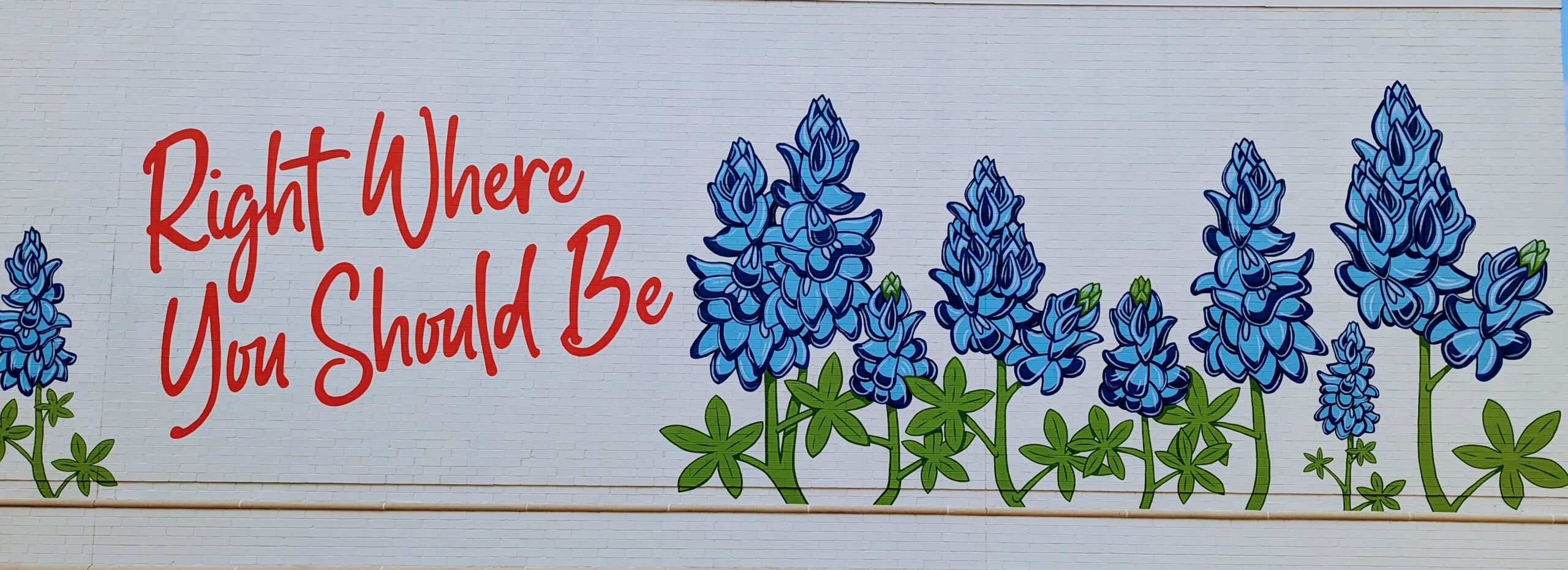I had an interesting discussion this week about finding meaning in one’s life. How we define meaning, different levels of meaning, and where to look for it. Humans have been searching for meaning for millennia and it’s something we all must grapple with throughout the course of our lives. Meaning can be found in the “big things” such as relationships, spirituality, and knowledge. It can also be found in smaller, everyday things, like stopping to watch the blue jays sing in the morning, looking at a new piece of art, or snuggling with your favorite pet at the end of the day. Meaning can also be derived from things we don’t necessarily find pleasurable. Sometimes the meaningful connections we have with others can also be the cause of stress. This doesn’t make the connection any less important, but the meaning and value we have assigned to any relationship helps us make decisions about how to proceed in times of stress or disconnection. If education or health is something that is of value to you, you might find meaning in pursuing these more fully, but it isn’t always going to feel good or pleasant (math and crunches anyone?).
If you aren’t sure what gives your life meaning, think about what is important to you. What brings you joy, pleasure, and positive feelings. What are the things you don’t want to live without, things that help you get through difficult moments? Make a list of these things and keep it close so that on days where you feel distant, disconnected, or down, you can seek out the things that keep you going when things are tough.
“Everything can be taken from [man] but one thing: the last of the human freedoms- to choose one’s attitude in any given set of circumstances, to choose one’s own way.”
– Victor Frankl, Man’s Search for Meaning.
Invitation
“Oh do you have time to linger
for just a little while
out of your busy
and very important day
for the goldfinches
that have gathered
in a field of thistles
for a musical battle,
to see who can sing
the highest note,
or the lowest,
or the most expressive of mirth,
or the most tender?
Their strong, blunt beaks
drink the air
as they strive
melodiously
not for your sake
and not for mine
and not for the sake of winning
but for sheer delight and gratitude –
believe us, they say,
it is a serious thing
just to be alive
on this fresh morning
in the broken world.
I beg of you,
do not walk by
without pausing
to attend to this
rather ridiculous performance.
It could mean something.
It could mean everything.
It could be what Rilke meant, when he wrote:
You must change your life.”
Mary Oliver, “Invitation,” A Thousand Mornings
(New York: Penguin Books, 2013).


